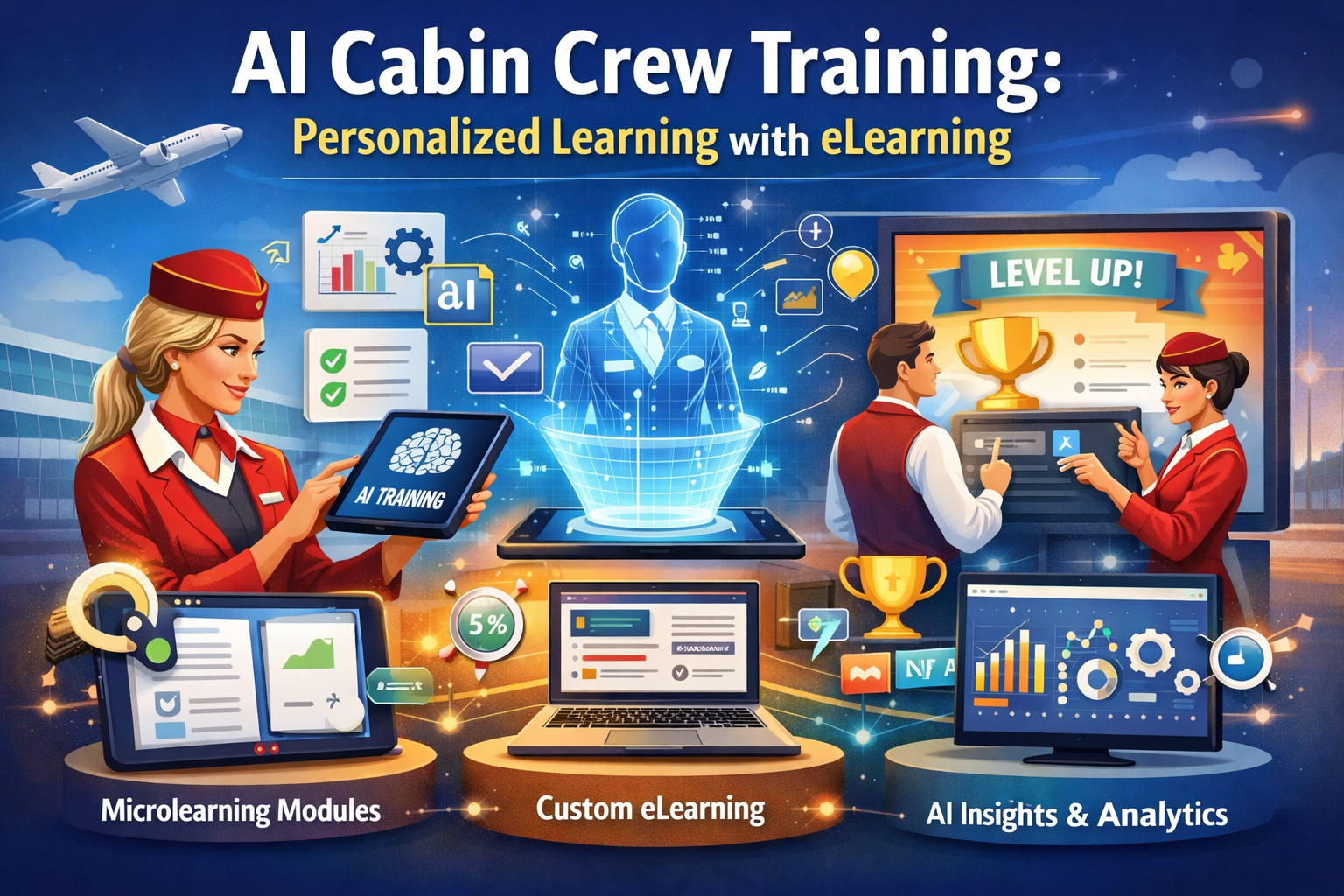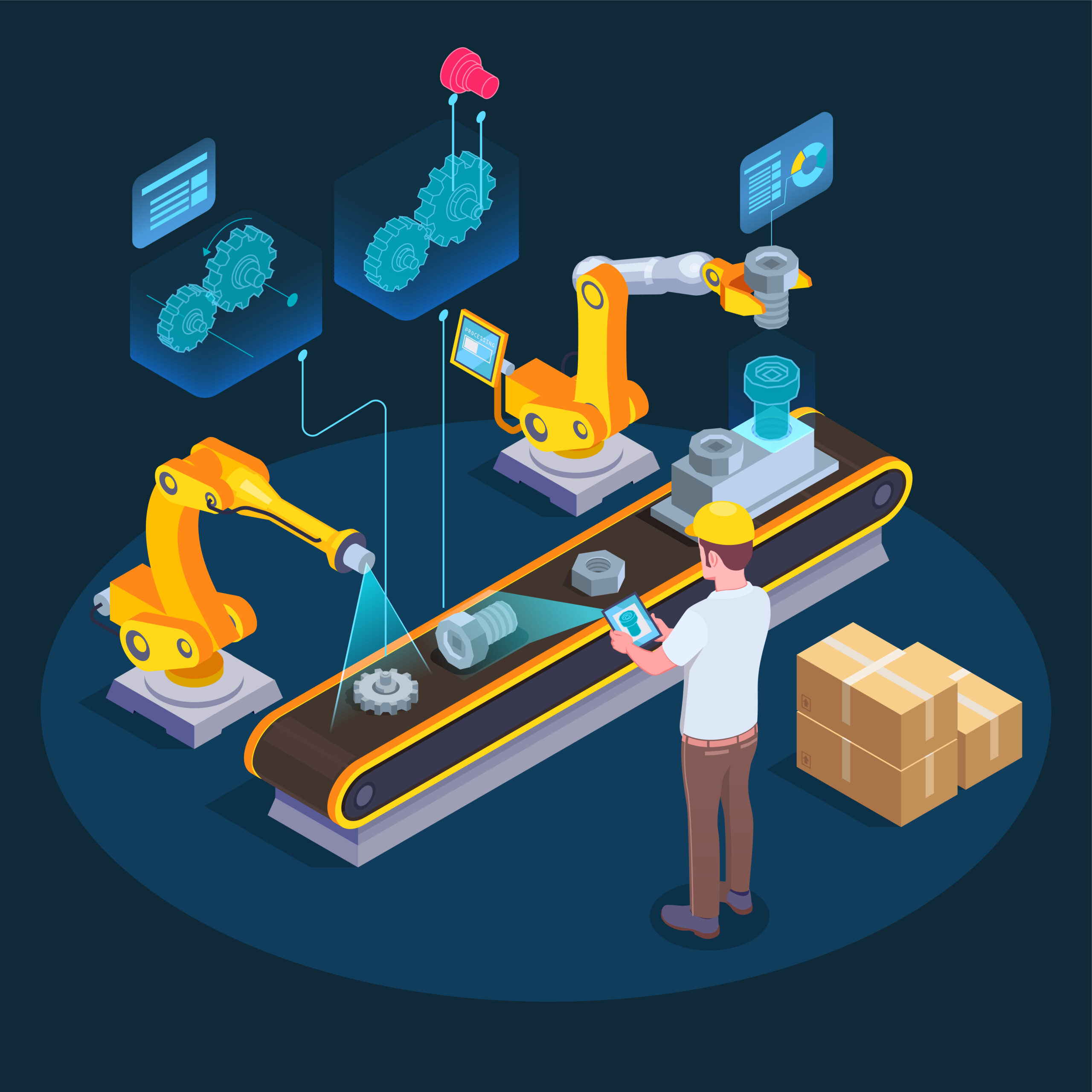The Importance of Upskilling in the Digital Age
In today’s rapidly evolving business world, staying ahead of technological advancements and market trends is essential. Consequently, upskilling—learning new skills or enhancing existing ones—has become a vital strategy for both employees and organizations. Without it, individuals risk falling behind in their careers, and companies may lose their competitive edge. To learn more about the importance of workforce upskilling, click here.
Why Upskilling is Critical
As industries transform, traditional skills often become outdated. Thus, upskilling ensures employees stay relevant, adapt to new challenges, and excel in their roles. Furthermore, a skilled workforce directly contributes to an organization’s success by boosting productivity and fostering innovation. Additionally, companies that invest in upskilling build employee confidence, leading to higher performance and satisfaction. Explore how upskilling drives innovation here.
How Technology Facilitates Upskilling
Thanks to technological advancements, upskilling has become more accessible than ever. For instance, eLearning platforms allow employees to access training materials anytime and anywhere, making learning more flexible. Moreover, interactive tools like gamification and virtual simulations make the process engaging and effective. Additionally, personalized learning paths help employees focus on acquiring the most relevant skills, ensuring they get maximum value from their training. Discover top eLearning tools for upskilling here.
Benefits for Organizations
Businesses that prioritize upskilling enjoy several advantages:
- Enhanced Performance: Employees deliver better results and improve operational efficiency.
- Talent Retention: Offering growth opportunities boosts morale and helps retain top talent.
- Adaptability: A well-trained workforce responds quickly to market changes and customer needs.
Learn more about the benefits of upskilling for businesses here. Additionally, understand why talent retention strategies are vital for long-term success here.
Building a Culture of Continuous Learning
To stay competitive, companies must foster a culture of lifelong learning. For example, integrating upskilling opportunities into daily workflows encourages employees to take charge of their professional development. Additionally, providing access to modern training solutions ensures teams remain adaptable and innovative. Consequently, businesses that prioritize learning empower their workforce to thrive in a dynamic marketplace. Read about creating a culture of learning here. Discover practical ways to integrate learning into your business here.
Conclusion
In summary, upskilling is no longer optional—it is essential for success in the digital age. Employees gain confidence and remain competitive, while organizations benefit from increased innovation, adaptability, and resilience. Therefore, investing in upskilling is a critical step for any forward-thinking business. Start prioritizing upskilling today to prepare for a brighter, more sustainable future. Learn how to get started with upskilling initiatives here. Explore strategies to future-proof your workforce here.





